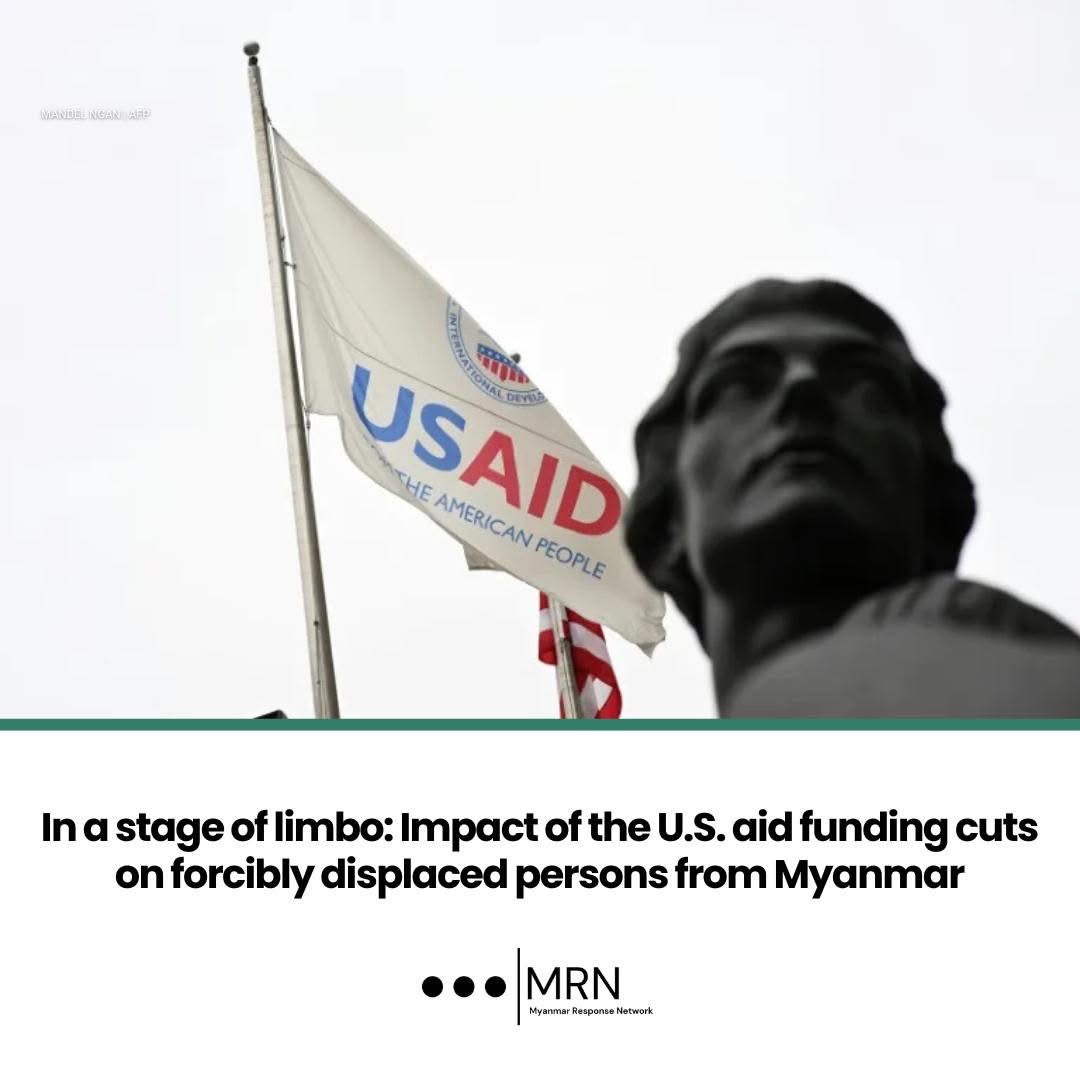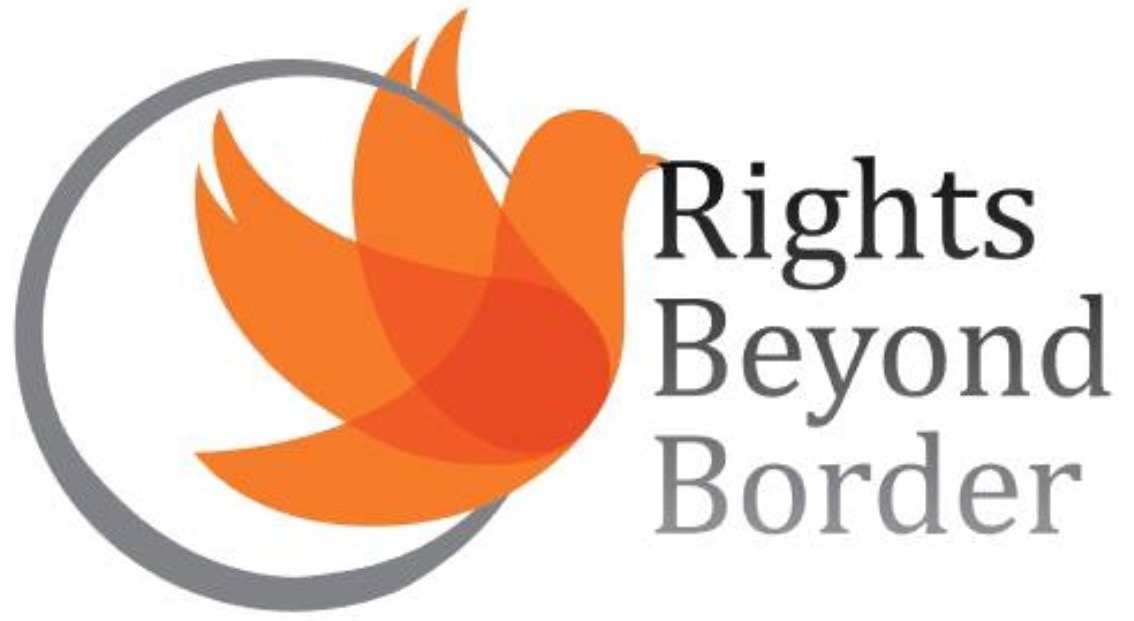
Impact of the U.S. aid funding cuts on forcibly displaced persons from Myanmar
The Executive Order on Reevaluating and Realigning U.S. Foreign Aid dated January 20, 2025 has caused massive disruption in both humanitarian efforts and the daily lives of people in need across the world. The immediate halt in funding has had significant implications for vulnerable populations who rely on U.S. foreign assistance for survival, protection, health services, education, and infrastructure development. Thailand also has been impacted by this suspension and as the 90-day review period unfolds, the immediate impacts on the lives of disadvantaged people, particularly refugees and asylum seekers, are in a stage of limbo.
The first and most crucial impact of the U.S. aid cuts in Thailand occurred in the refugee camps along the Thailand-Myanmar border, where the International Rescue Committee (IRC), a long-standing and committed organization providing humanitarian support in the camps, stopped operating its hospitals in the refugee camps . It became controversial, causing border health actors to convene a meeting and identify a possible solution to address health issues during this transitional period. However, it is not only the refugees inside the camps who are affected by the Executive Order, but also the forcibly displaced people from Myanmar following the 2021 coup.
In February, Rights Beyond Border – a member of Myanmar Response Network (MRN) conducted a rapid assessment with migrant learning centers, Thai local organizations, and Myanmar CSOs in Mae Sot on the impact of the U.S. funding cuts on their school and programs. The results demonstrated that some schools supported by U.S. funding recipients would be affected by the funding cuts, particularly in education, humanitarian support, and health services. Approximately 18,000 migrant and newly displaced children and youths are in the 63 migrant learning centers in Tak province, and they would be affected by the suspension of humanitarian support. Although many schools can mobilize resources during this critical period, there is no guarantee for the long-term operation to support migrant and new newly displaced children and youths.
Considering the services provided by Myanmar and Thai CSOs for migrants and newly displaced persons, the U.S. funding cuts have largely impacted humanitarian support and gender-based violence prevention. Some organizations providing emergency relief, such as shelter, emergency food, and health care to newly displaced persons affected by the ongoing crisis in Myanmar are concerned about their situation after the 90-day review period. Given that Thailand does not recognize the displaced persons affected by the 2021 Myanmar coup, it is difficult to engage them in government discussions.
Thailand, as a refugee recipient country, has to identify both short- and medium-term strategies to address the possibility of a deepening humanitarian crisis and economic disruptions due to the U.S. foreign aid cuts around the world. A temporary emergency relief measure should be put in place by the Thai government and their allies, aimed at addressing the most immediate needs of refugees and displaced persons.

